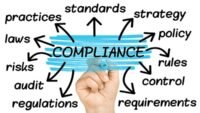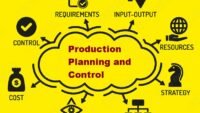The duties of a production planner in the garments industry include:
- Creating and maintaining production schedules to meet customer demand and delivery deadlines.
- Coordinating with the design and purchasing teams to ensure the availability of raw materials and supplies.
- Monitoring production progress and making necessary adjustments to meet the schedule.
- Collaborating with the quality control team to ensure that products are manufactured to the highest standards.
- Managing the inventory of finished goods and ensuring that there is sufficient stock to meet customer demand.
- Analyzing production data to identify trends and make recommendations for process improvements.
- Maintaining strong relationships with suppliers to ensure timely delivery of raw materials and supplies.
- Communicating with customers to provide updates on delivery schedules and to address any concerns.
- Staying up-to-date on industry trends and best practices to ensure the company remains competitive.
- Forecasting future demand for products to ensure that adequate production capacity is available.
- Negotiating with suppliers to secure the best prices and delivery times for raw materials and supplies.
- Monitoring labor and equipment utilization to optimize production efficiency and reduce costs.
- Collaborating with the engineering team to design and implement new production processes and technologies.
- Developing and implementing production budgets to ensure that costs are controlled and margins are maintained.
- Conducting regular reviews of production performance to identify areas for improvement and to implement corrective action when necessary.
- Overseeing the training and development of production staff to ensure that they have the necessary skills and knowledge to perform their roles effectively.
- Maintaining strong relationships with customers to understand their needs and to ensure their satisfaction with the company’s products and services.
- Ensuring that production processes are in compliance with relevant health, safety, and environmental regulations.
Md.Mahbub-Ul Islam
RMG Consultant & Researcher





